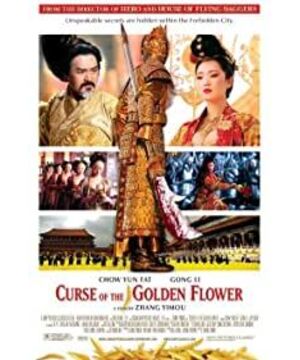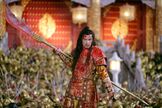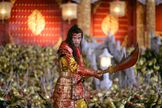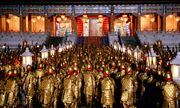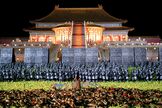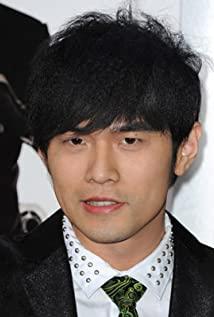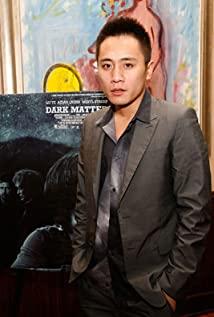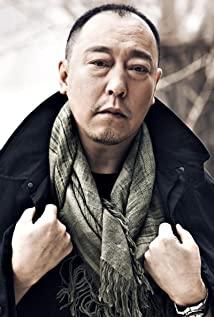Steamed buns, scripts, actors, everything that can be said has been said before, so after reading it, it is not those that feel the strongest.
The biggest question mark in my mind is, how did Zhang Yimou fall in love with the trust?
The maids got up, the trusts dressed, the soldiers killed the trusts, the eunuchs cleaned up the ulna, swept the floor, changed the carpets and placed flowers... That king, the trust, monopolized all life and rights.
But Zhang Yimou is not disgusted with this kind of trust, or even fascinated by it - ritual, uniform, one bit controls one side, one person controls the world, I can't imagine this is the one who has photographed red sorghum and red lanterns hanging high. people.
It is not that he is not clever, but he has found the commonality between trust and imperial power, trust and ritual. From a certain point of view, he has found the beauty of trust.
But I hate this kind of beauty.
I hate it as much as I love Chaplin's Modern Times, Apple's 1984 for the Mac.
Zhang Yimou has withdrawn his tenderness towards the world.
He trusts the beat, the trust sells, the trust treats his audience. He knew that in such a big country as China, "big" always pleases.
On the way out of the shadow of the small farmers, the trust is the temptation of the devil.
ps For two full hours, 40% are all close-ups, 40% are all Wuyang pieces, whether it is Wuyang's steamed buns or Wuyang's dead people, the rest is the gold and blood. . .
View more about Curse of the Golden Flower reviews


